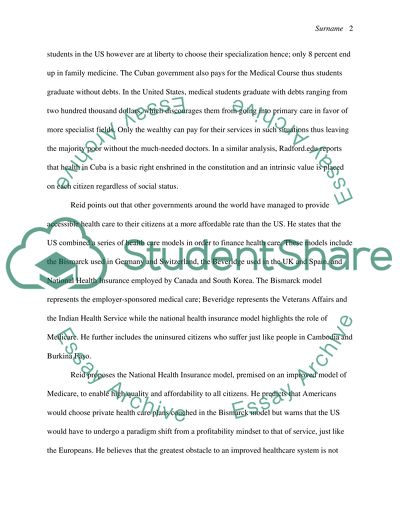Cite this document
(“The Government Should Provide Healthcare to Poor Citizens Research Paper”, n.d.)
The Government Should Provide Healthcare to Poor Citizens Research Paper. Retrieved from https://studentshare.org/sociology/1568227-the-government-should-provide-healthcare-to-poor-citizens
The Government Should Provide Healthcare to Poor Citizens Research Paper. Retrieved from https://studentshare.org/sociology/1568227-the-government-should-provide-healthcare-to-poor-citizens
(The Government Should Provide Healthcare to Poor Citizens Research Paper)
The Government Should Provide Healthcare to Poor Citizens Research Paper. https://studentshare.org/sociology/1568227-the-government-should-provide-healthcare-to-poor-citizens.
The Government Should Provide Healthcare to Poor Citizens Research Paper. https://studentshare.org/sociology/1568227-the-government-should-provide-healthcare-to-poor-citizens.
“The Government Should Provide Healthcare to Poor Citizens Research Paper”, n.d. https://studentshare.org/sociology/1568227-the-government-should-provide-healthcare-to-poor-citizens.


